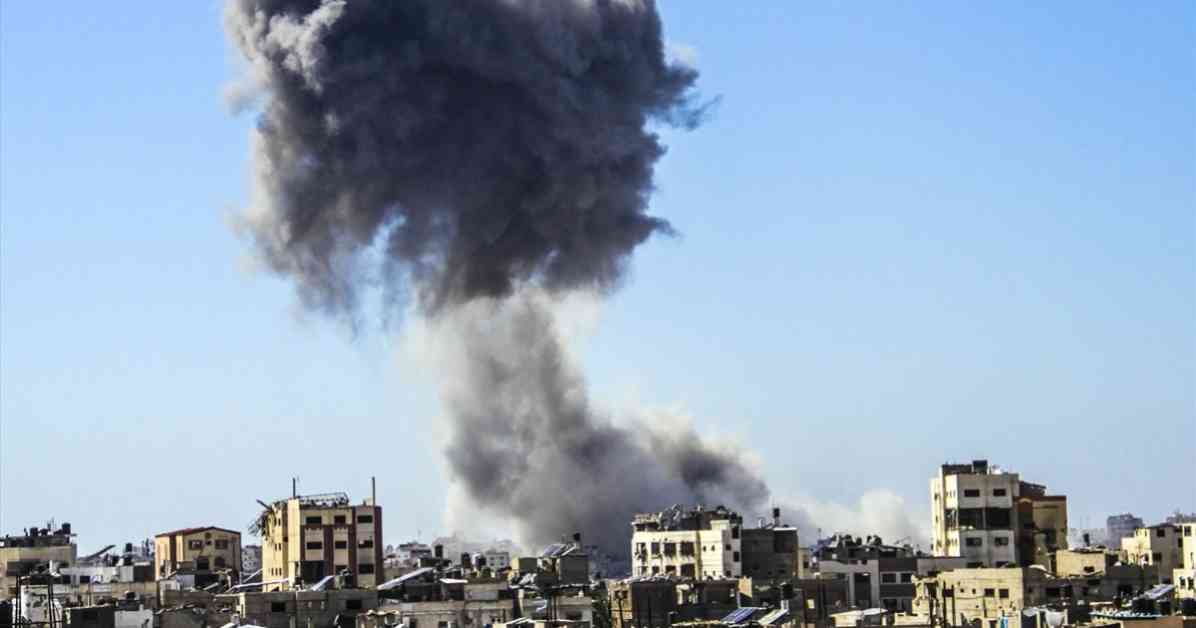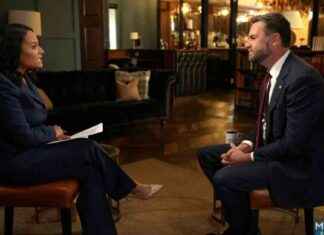Israeli Academia’s Role in State Crimes: An In-Depth Analysis
As the world watches in horror at the ongoing atrocities in Gaza, it is crucial to examine the complicity of Israeli academia in these state crimes. The belief that universities should remain politically neutral is being challenged, as evidence mounts of their active participation in supporting and perpetuating Israel’s oppressive policies towards the Palestinian people.
Censorship and Retaliation Against Critics
Israeli universities have a long history of silencing voices that speak out against the government’s actions. Professor Nadera Shalhoub-Kevorkian, a prominent critic of Zionism and Israel’s genocidal campaign in Gaza, was arrested and targeted for her views. The Hebrew University of Jerusalem (HUJI) leadership publicly condemned her for signing a petition calling for a ceasefire in Gaza, and later suspended her for advocating the abolition of Zionism.
This pattern of censorship and retaliation extends beyond individual cases. Palestinian students and faculty who express solidarity with Palestine are often subjected to doxing and disciplinary action. The Council for Higher Education has mandated investigations into any perceived support for organizations like Hamas, equating solidarity with Palestinians to incitement of violence against Israelis.
Supporting Israel’s War Efforts
In addition to silencing dissent, Israeli universities have actively worked to garner global support for Israel’s military campaign in Gaza. Tel Aviv University (TAU) and the University of Haifa have mobilized fundraising campaigns, provided financial support to “student soldiers,” and launched media outreach initiatives to counter criticisms of Israel’s actions.
The University of Haifa has gone as far as donating bulletproof vests to special forces and producing videos that propagate Israeli government talking points. These efforts aim to portray Israel’s war as a noble fight against terrorism, while demonizing those who advocate for Palestinian rights as either misinformed or pro-terror.
Countering the BDS Movement
Israeli academia has also been at the forefront of efforts to counter the Boycott, Divestment, and Sanctions (BDS) movement. University leaders have published articles arguing that boycotting Israeli academic institutions is counterproductive, citing the inclusion of Arab and Palestinian students and faculty as evidence of inclusivity and support for human rights.
However, anthropologist Maya Wind’s research reveals a different reality. Israeli universities have actively contributed to Palestinian oppression, with academic programs and research facilities supporting the state’s occupation and apartheid policies. The idea that Israeli academia is a bastion of inclusivity and human rights advocacy is a facade that crumbles under scrutiny.
Global Response to Israeli Academia’s Complicity
As awareness grows of Israeli academia’s role in perpetuating state crimes, there has been a sharp decrease in willingness to cooperate with Israeli institutions. The Israeli Innovation, Science, and Technology Ministry reported a decline in research collaborations, particularly in fields like medicine, biology, and computer science. Minister Gila Gamliel has instructed officials to develop strategies to counter the boycott, signaling the government’s concern over the growing isolation of Israeli academia.
Despite efforts to paint a picture of inclusivity and neutrality, Israeli universities continue to face international scrutiny and condemnation for their complicity in state crimes. The recent ruling by the International Court of Justice (ICJ) declaring BDS against Israel a legitimate response to its illegal occupation and apartheid practices underscores the global consensus on holding Israeli institutions accountable.
Moving Forward
As the world grapples with the ongoing humanitarian crisis in Gaza, it is imperative to acknowledge and address the complicity of Israeli academia in perpetuating state crimes. Universities must be held accountable for their role in supporting oppressive policies and silencing dissenting voices.
The international community has a responsibility to challenge the narrative of neutrality and inclusivity propagated by Israeli universities and demand accountability for their actions. The tide is turning against institutions that prioritize political agendas over human rights and academic freedom, and it is time for Israeli academia to reckon with its complicity in perpetuating state crimes against the Palestinian people.



























